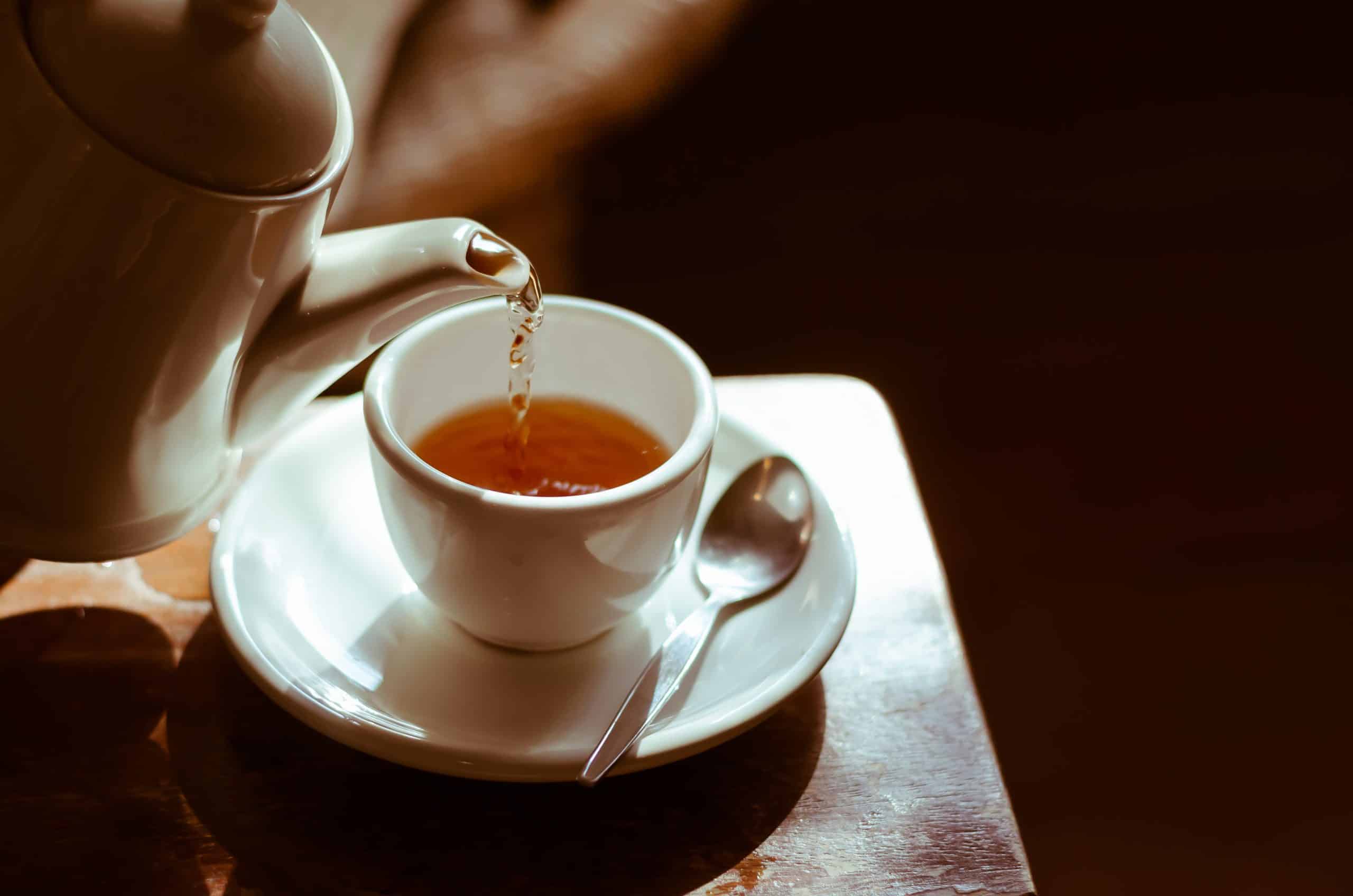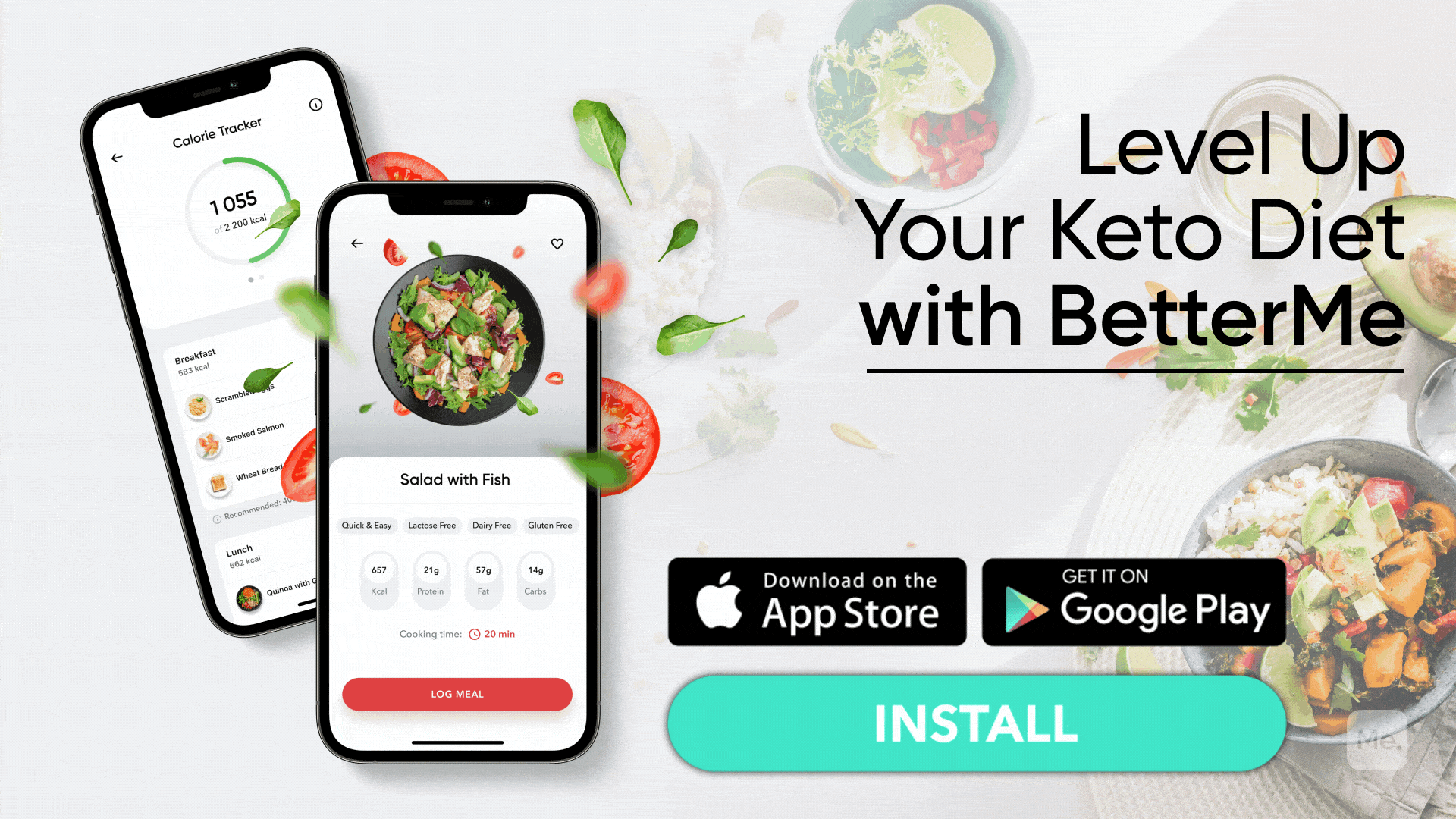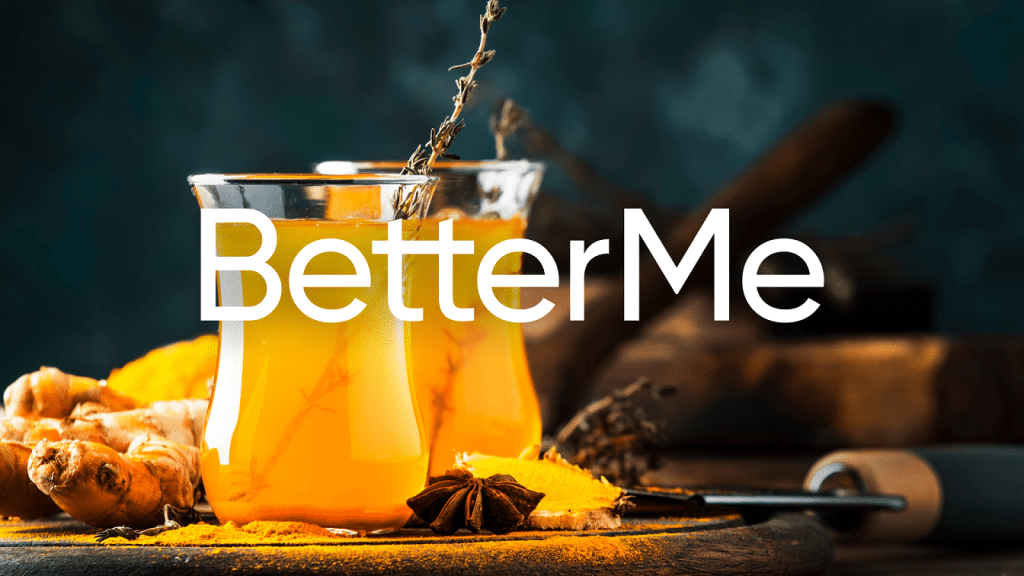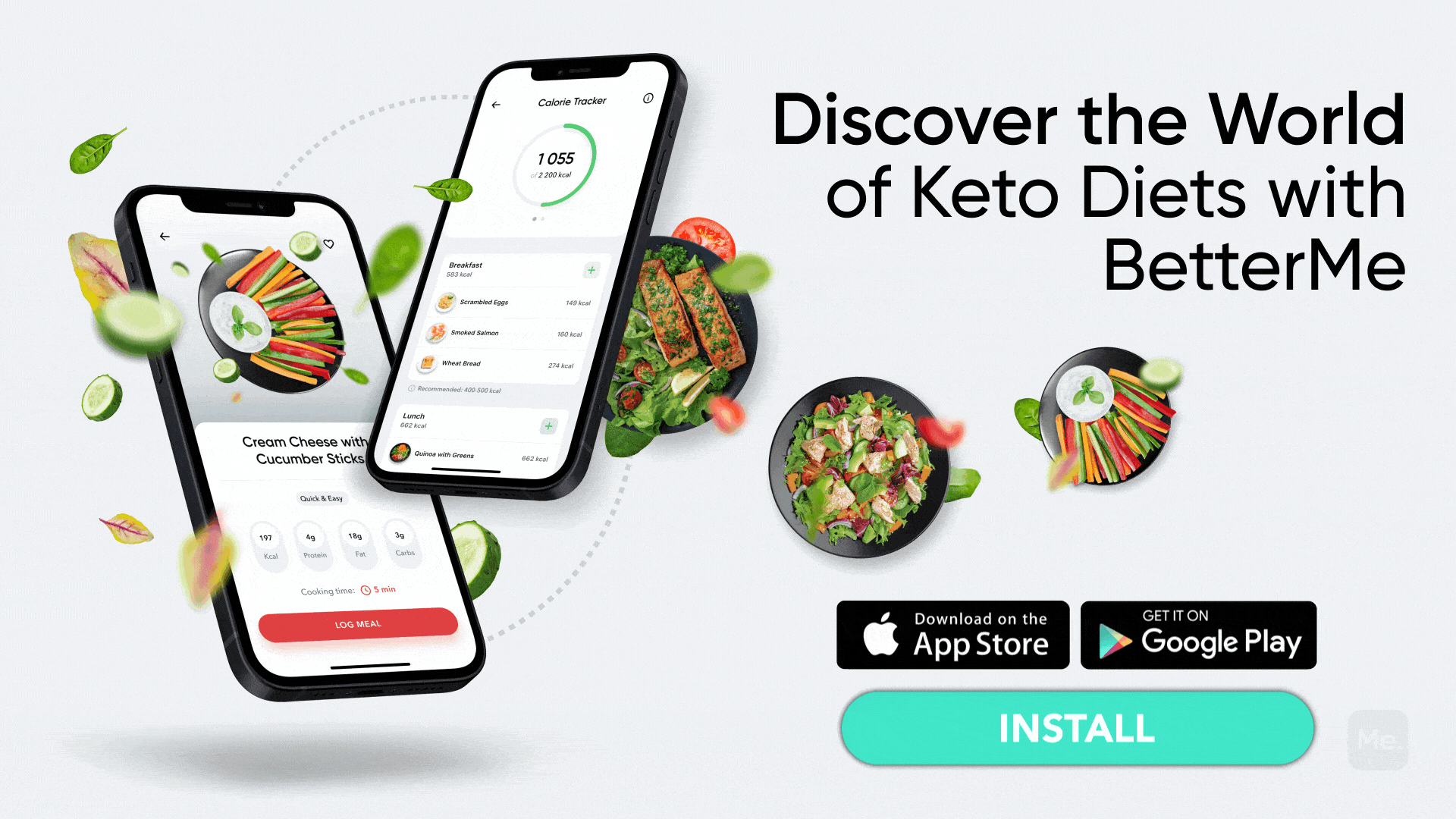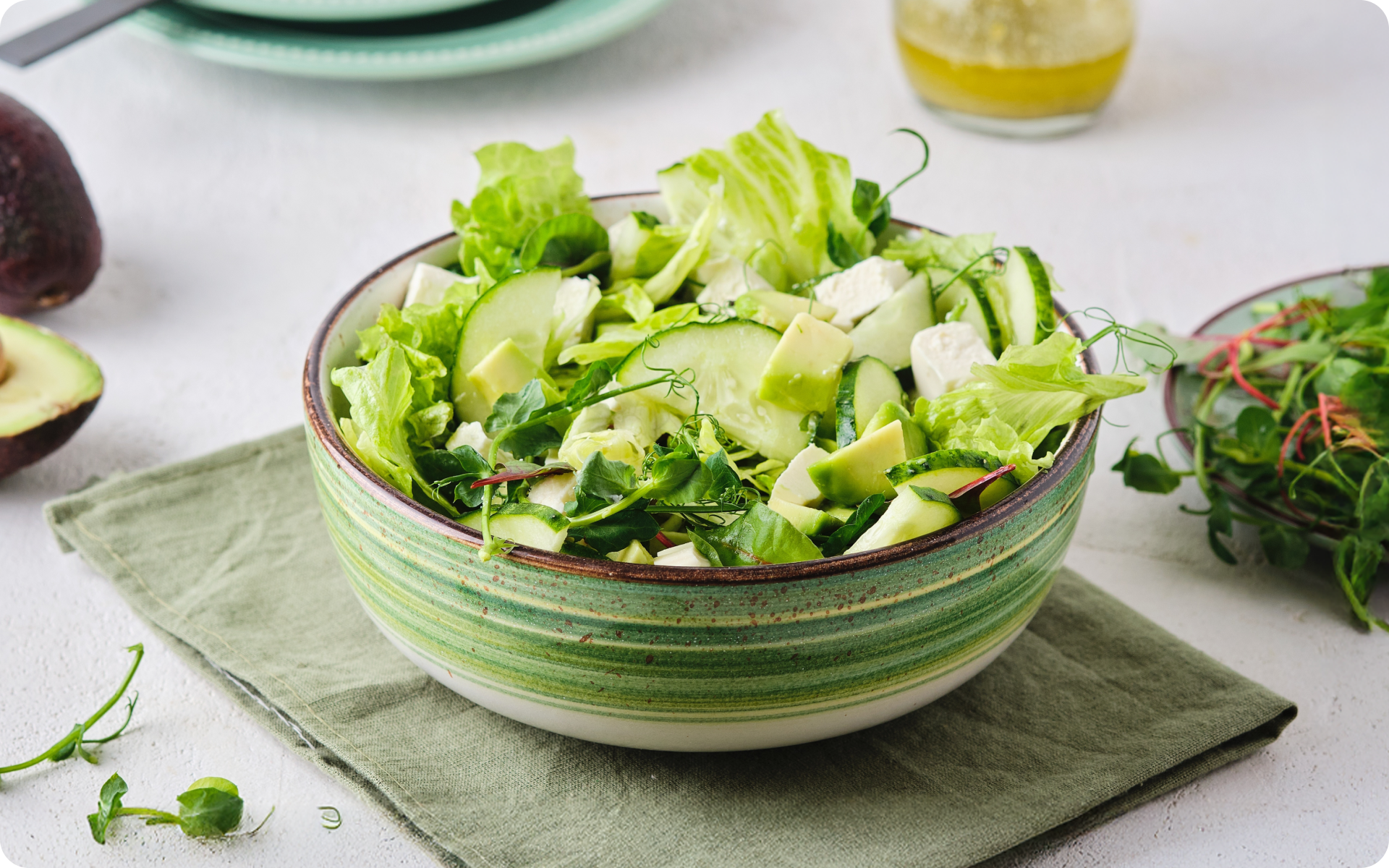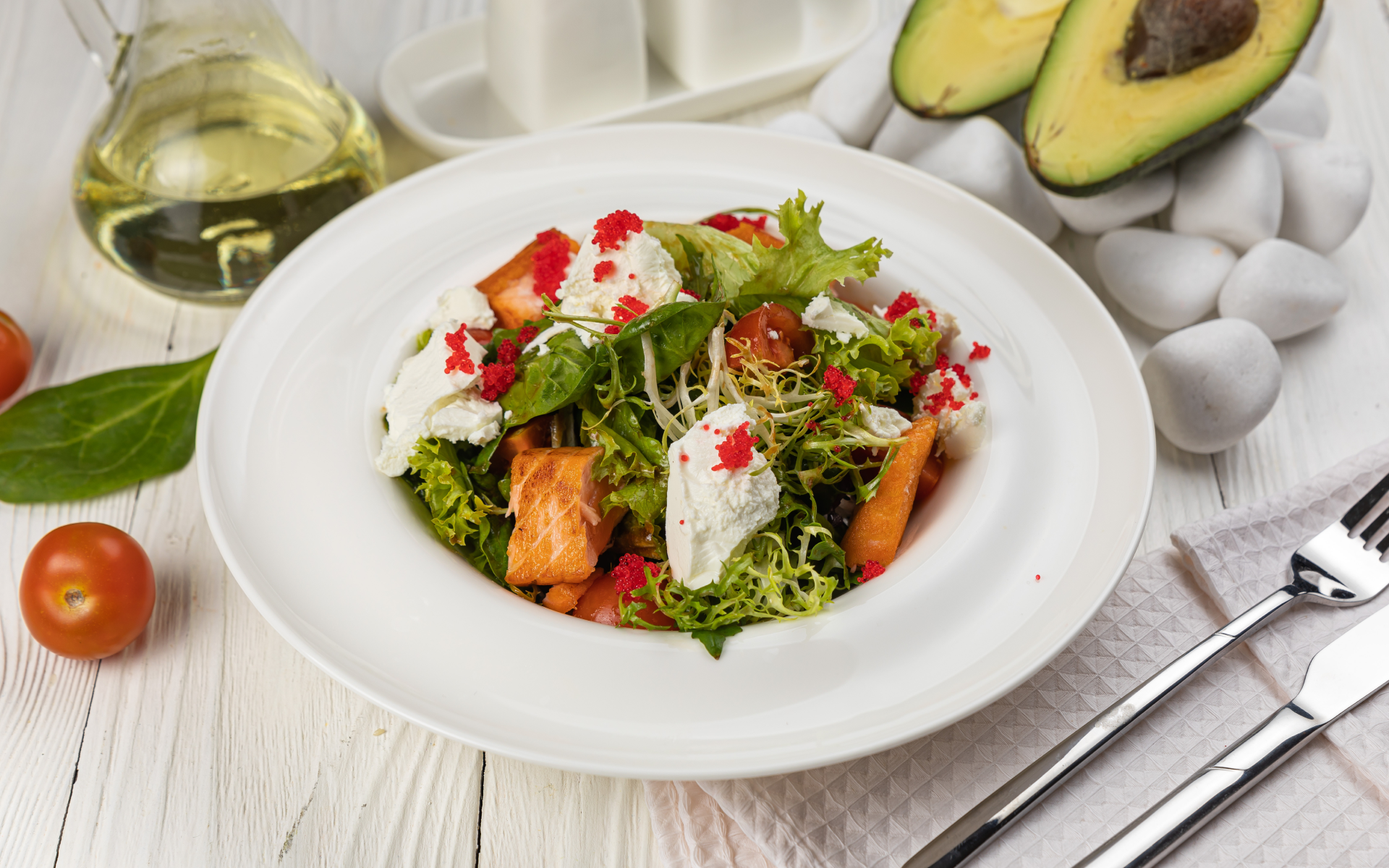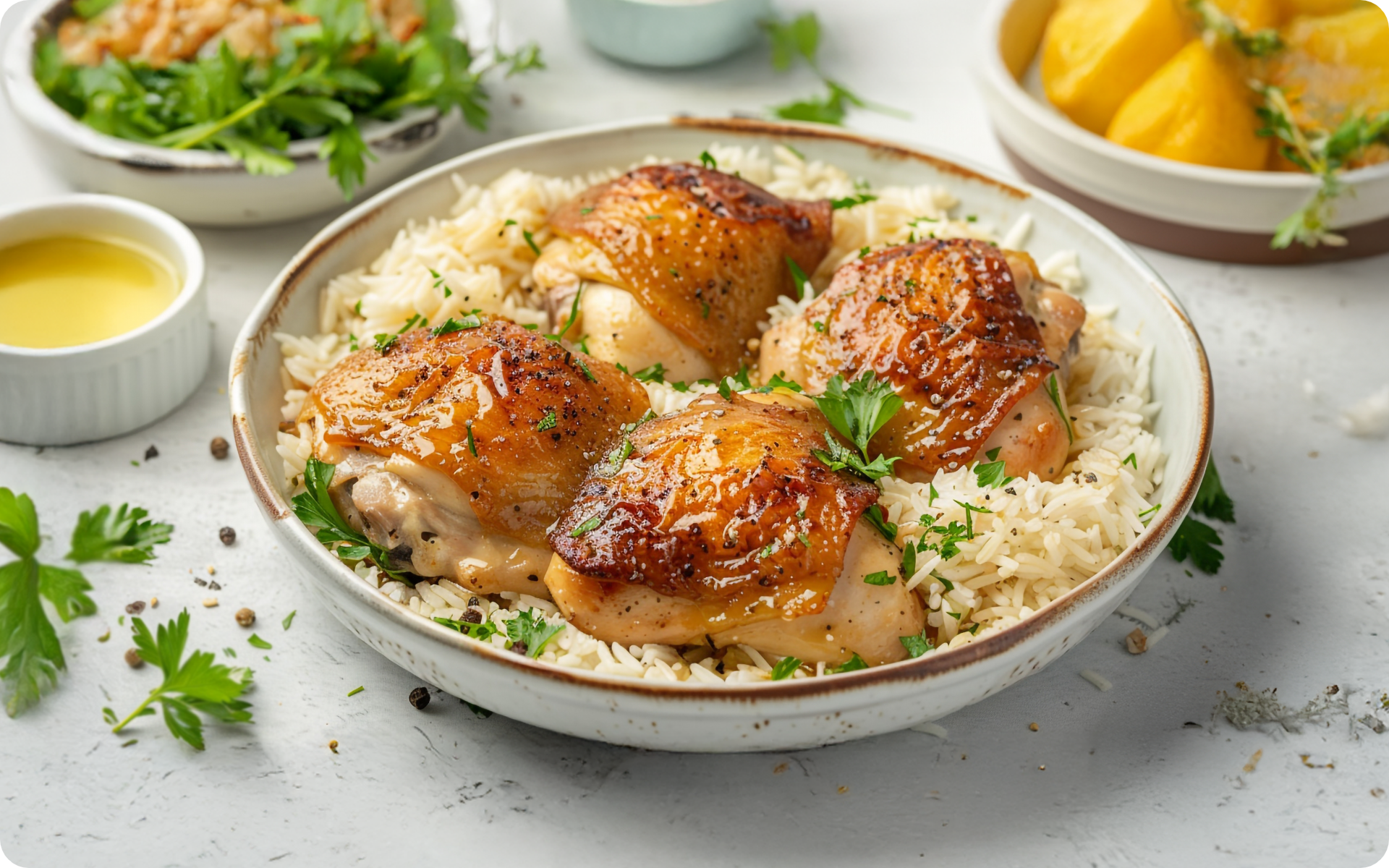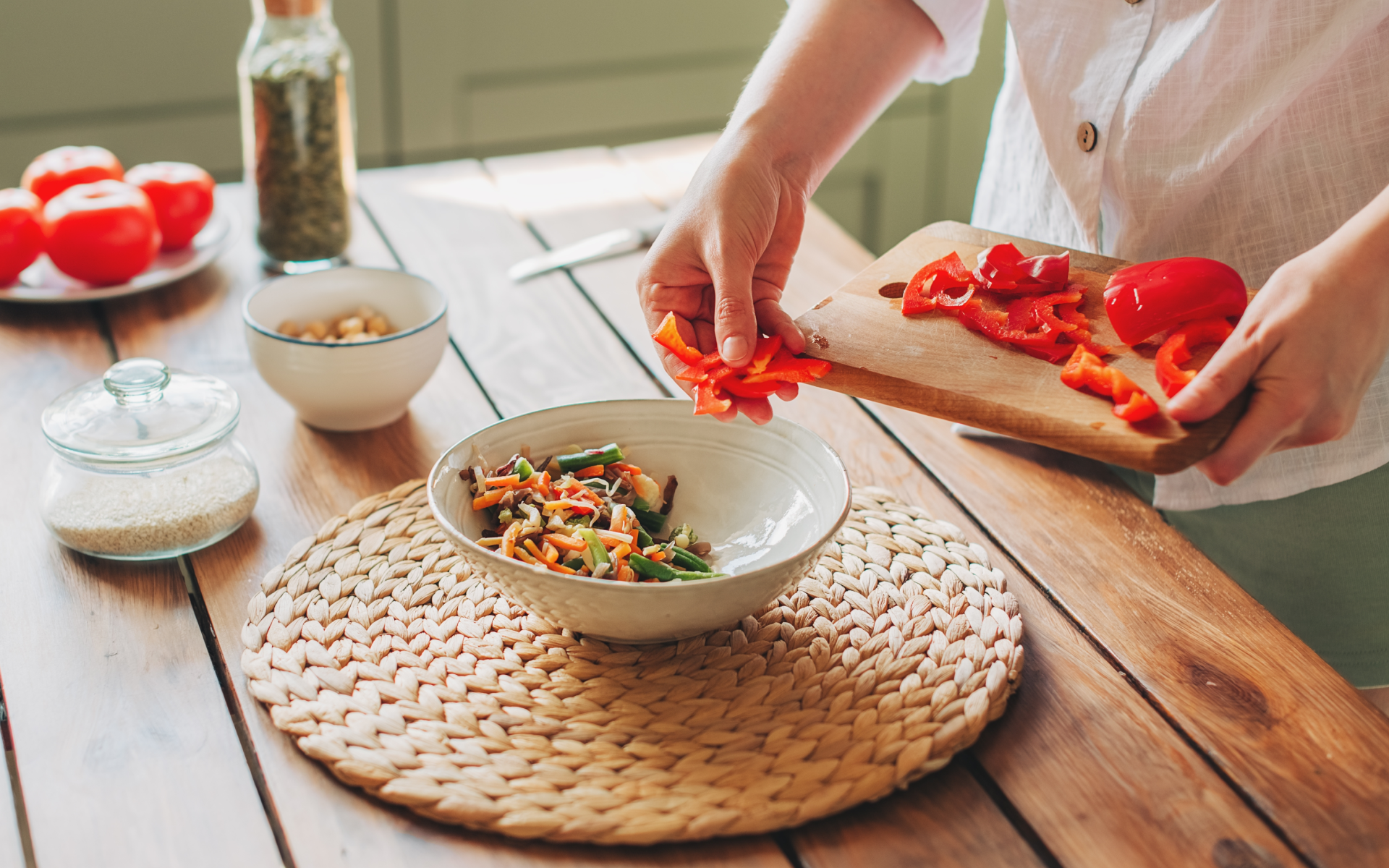In the last decade or so, the ketogenic diet has consistently been included in among the top ten weight loss diets. This high-fat, medium-protein and very-low-carbohydrate eating plan has been praised for helping dieters all over the world lose significant amounts of weight, while still eating all the ‘bad foods’ that all other diets restrict.
Like coffee, tea is one of those drinks that many around the world cannot fathom starting the day without. In fact, tea (not coffee) – is the most popular drink around the world after water. If you are on the keto diet – or thinking about starting one – then you understand that to see results on this eating plan you have to be conscious of how much carbs you consume per day.
So, is tea keto friendly or will you have to give it up as you start your weightloss journey? Read on to find out what kind of tea is keto friendly, how to make keto friendly tea at home with simple delicious recipes.
What Tea Is Keto Friendly?
By themselves, tea bags, tea powders, or even loose leaf teas are keto friendly. Most teas – with just plain hot water and tea leaves – only have 1 calorie and zero protein, fat, and negligible amounts of carbohydrates (about 0.2 grams per cup).
However, what you add to it is what determines whether your cup of tea remains keto friendly or not. Some ingredients that you should avoid if you want to hydrate with some keto friendly tea include:
Sugar
It is high in carbs and will take up a chunk of your allocated carbohydrate intake for the day. Having too many carbs will take your body out of ketosis – the metabolic state that occurs when your body burns fat for energy instead of glucose. This state only occurs when you deny your body carbs that are turned into glucose by the body for energy.
Syrups
Maple syrup is often used to help sweeten tea for those who do not wish to use traditional table sugar. However, like sugar, it is high in carbs and thus, it’s not keto friendly.
Candied or Dried Fruit
On any other meal plan, dried fruits would absolutely be diet friendly as they are not only just as nutritious as fresh fruit, make better sweeteners than actual sugar, but they also last longer which cuts down on food waste.
However, the ketogenic diet also restricts how much fruits one can have and most fruits are high in sugar and carbs.
Candied fruit on the other hand should be avoided, not only on the ketogenic diet, but also on any other healthy or weight loss eating plan. Candied fruits are made by boiling fruit in sugar syrup which not only makes them lose their nutrients, but adds a lot of sugar content in them.
Remember that too much sugar has been linked to higher blood pressure, inflammation, weight gain, diabetes, and fatty liver disease, an increased risk for heart attack and stroke, acne, increased risk of cancer, mental health issues, and much more (7, 8, 6, 2, 3).
Dessert Teas
While regular tea bags are keto friendly, dessert tea blends are most certainly not. Because these teas usually try to mimic the taste of a certain dessert they are often very high in sugar. However, be sure to check the ingredient list of your favorite brand to see if they make calorie-free and sugar-free blends.
Read More: Keto Bulletproof Coffee: The Perfect Zero Carb Pick-Me-Up For Weight Loss
Is Milk Tea Keto Friendly?
Seeing that milk products such as butter, hard and soft cheeses, heavy and sour cream, as well as Greek yogurt can be consumed on keto, one may be quick to assume that normal milk too is keto friendly. This, however, could not be further from the truth. Cow’s milk in any form – raw, evaporated or ultra-filtered – contains lactose which is basically milk sugar.
Because of the lactose, cow’s milk is quite high in carbohydrates. Just one cup contains about 12 grams of carbs (5). If you are trying to stick to just 20 g of carbs per day on your ketogenic diet, just 1 cup of milk tea in the morning takes up more than half of your allocated carbohydrate intake for the day. It would be very hard to stay in ketosis like this.
Please note that goat’s milk is also not keto friendly. It also contains lactose, and a cup adds about 11 g of carbs to your diet (4).
How To Make Keto Friendly Chai Tea
Good news – Just because you have now switched to keto doesn’t mean that you can never enjoy your daily cup of chai ever again. To make keto chai, you just need to simply swap your usual cow or goat’s milk with alternative sugar-free, low-carb alternatives.
Keto friendly milk alternatives for chai include
- Almond milk (1)
- Coconut milk
- Macadamia nut milk
- Flaxseed milk
- Soy milk
- Cashew milk
- Pea milk
Ps. make sure to use the unsweetened versions of these milk alternatives as sweetened versions add both sugar and carbs to your diet. Do not be tempted to use either oat or rice milk as both are higher in carbs.
Whether you’re a workout beast or just a beginner making your first foray into the world of fitness and dieting – BetterMe has a lot to offer to both newbies and experts! Install the app and experience the versatility first-hand!
Here’s a simple way to make a cup of keto chai at home
Ingredients
- 1 cup water
- ½ cup unsweetened almond milk
- 1 bag black tea leaves
- 2 tsp chai masala blend
- Optional – 1 tsp monk fruit sweetener – stevia or any other zero calorie sweetener works too
Directions
- In a small saucepan, boil the water with your tea bag and simmer for about 5 minutes.
- Add your masala blend and sweetener – if using any – and stir
- Add your almond milk, stir till everything is combined and serve immediately
Calories: 44.2. Fats: 1.2 g. Protein: 0.5 g. Carbs: 5.3 g.
Notes
- You can also replace almond milk with coconut cream or heavy cream to increase the amount of fat in your drink.
- If you do not have a chai masala blend in hand, mixing spices such as ground nutmeg, ginger, all spice, star anise, cinnamon, cardamom, and clove will give you the same taste
Is Sweet Tea Keto Friendly?
Sweet tea is a drink that can be found in almost all Southern American homes especially in the summer. This delicious chilled drink helps many cool down during those hot and humid summer months. Unfortunately, due to the sugar added during the process, sweet tea – in its original form is not keto diet friendly.
How To Make Keto Friendly Sweet Tea
Just as with chai above, to make keto sweet tea you simply have to skip some ingredients or look for alternatives. For keto friendly sweet tea, swap sugar for zero calorie sweeteners like erythritol, stevia and monk fruit.
Most sweet teas are usually served with herbs, a variety of berries or citrus fruit both for decoration and an extra depth of flavor. If you’d like to add either of these to your sweet tea, the best herbs and fruit include
- Herbs – Mint leaves, thyme, basil leaves, or lemongrass
- Berries – Strawberries, blueberries, raspberries, or blackberries
- Citrus – Lemons or limes . Do not use oranges as they are higher in carbs and thus not keto.
- Others – Watermelon and cucumber.
Read More: 8 Low-Carb And Keto Hot Drinks For When It’s Cold Outside
Can You Make Keto Friendly Iced Tea?
Yes, you can. Since ice tea is basically hot sweet tea that has been chilled and served over ice, making a keto diet friendly version is as simple as switching out sugar with a keto sweetener – on the 1:1 ratio.
Do not buy premade versions as these are usually sweetened with granulated sugar which is not keto.
Is Chamomile Tea Keto Friendly?
Yes, unsweetened chamomile tea is keto friendly. One cup (240 g) has 2.4 calories, zero grams of both protein and fat, and 0.48 g of carbohydrates (9).
Is Black Tea Keto Friendly?
Yes, unsweetened black tea is safe to consume on your keto genic diet. One cup of this brew only adds 2.4 calories and 0.72 g of carbs to your daily intake. It has zero fats and protein (10).
The Bottom Line
Keto friendly tea simply means tea that does not have any ingredients that are naturally not allowed on the ketogenic diet. If you would like to still enjoy tea at home, avoid both table/cane sugar and whole dairy as they are both high in carbs and sugar. If you are buying pre packaged teas or tea blends, always read the ingredient list to be on the safe side.
DISCLAIMER:
This article is intended for general informational purposes only and does not serve to address individual circumstances. It is not a substitute for professional advice or help and should not be relied on for making any kind of decision-making. Any action taken as a direct or indirect result of the information in this article is entirely at your own risk and is your sole responsibility.
BetterMe, its content staff, and its medical advisors accept no responsibility for inaccuracies, errors, misstatements, inconsistencies, or omissions and specifically disclaim any liability, loss or risk, personal, professional or otherwise, which may be incurred as a consequence, directly or indirectly, of the use and/or application of any content.
You should always seek the advice of your physician or other qualified health provider with any questions you may have regarding a medical condition or your specific situation. Never disregard professional medical advice or delay seeking it because of BetterMe content. If you suspect or think you may have a medical emergency, call your doctor.
SOURCES:
- Almond milk, unsweetened (2022, fdc.nal.usda.gov)
- Association Between Adult Acne and Dietary Behaviors: Findings From the NutriNet-Santé Prospective Cohort Study (2020, jamanetwork.com)
- Does sugar cause cancer? (n.d., cancer.org.au)
- Goat’s milk, whole (2022, fdc.nal.usda.gov)
- Milk, whole, 3.25% milkfat, with added vitamin D (2019, fdc.nal.usda.gov)
- Relationship between Added Sugars Consumption and Chronic Disease Risk Factors: Current Understanding (2016, ncbi.nlm.nih.gov)
- Sugar consumption, metabolic disease and obesity: The state of the controversy (2016, pubmed.ncbi.nlm.nih.gov)
- Sugar intake from sweet food and beverages, common mental disorder and depression: prospective findings from the Whitehall II study (2017, ncbi.nlm.nih.gov)
- Tea, hot, chamomile (2022, fdc.nal.usda.gov)
- Tea, hot, leaf, black (2022, fdc.nal.usda.gov)
